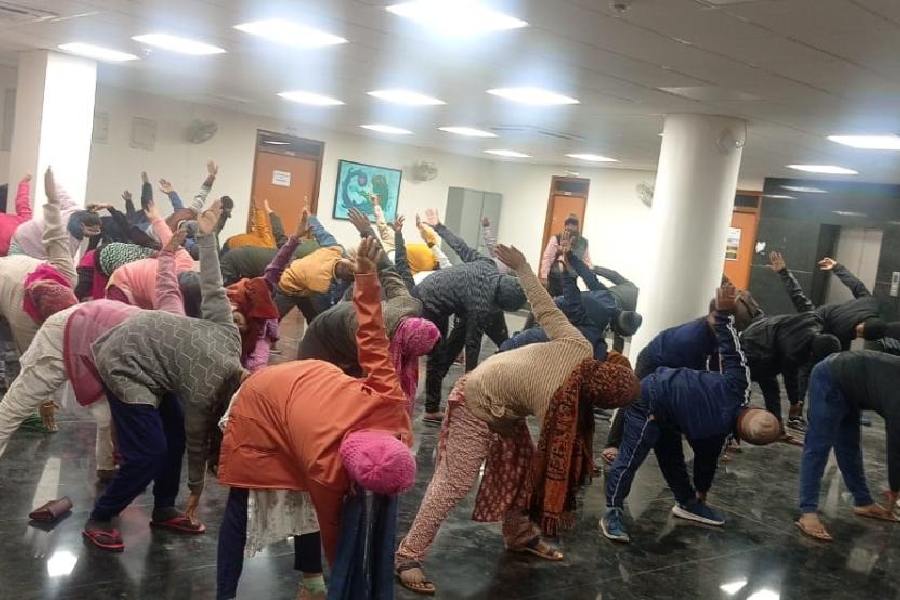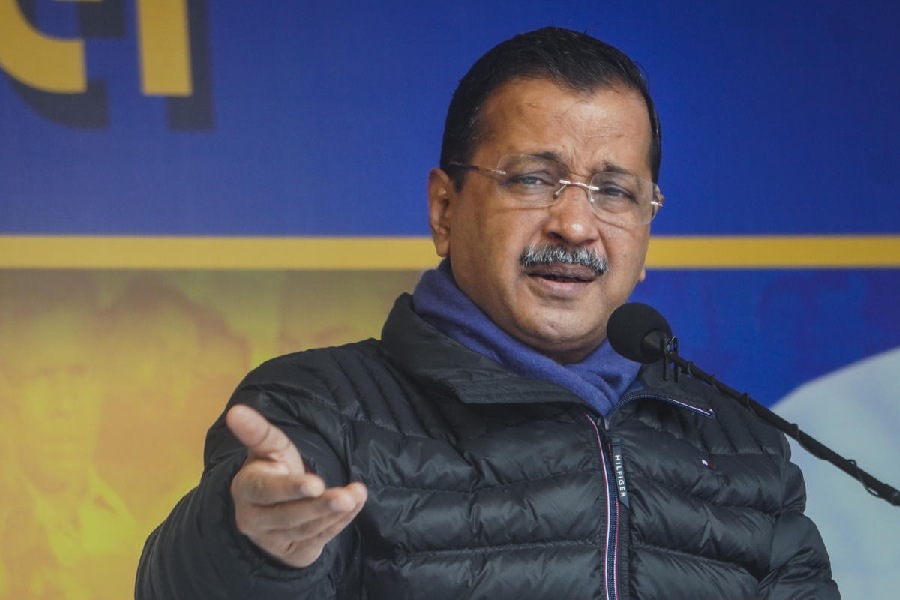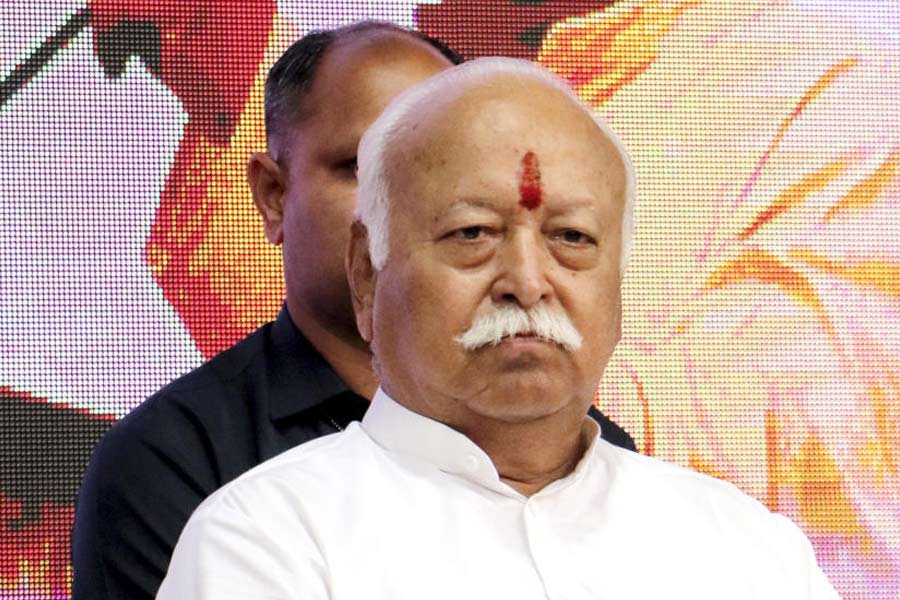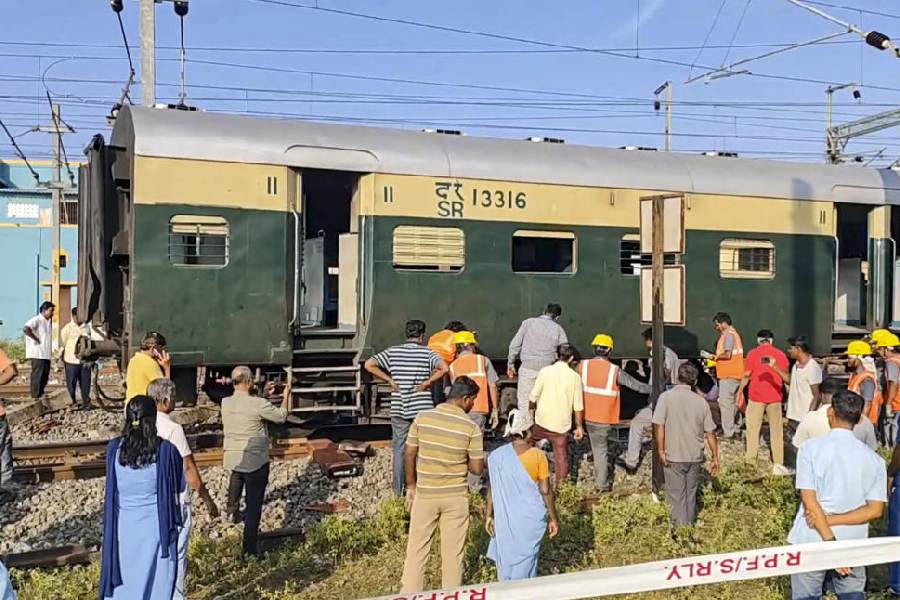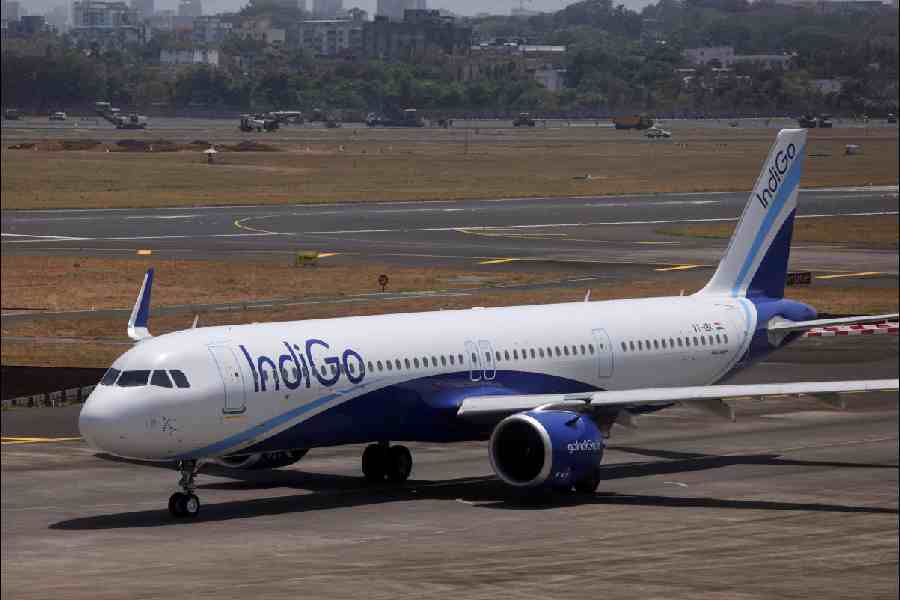Neelu Kumari was a bit afraid in the beginning, but can now ride a two-wheeler smoothly. Aradhana Kumari learnt how to drive in just 10 days. It makes her feel empowered.
Neelu and Aradhana are among the 2.17 lakh new school teachers who have been recruited in Bihar in the last three months and have learnt to drive two-wheelers at the State Council of Educational Research and Training (SCERT) in Patna as part of their 15-day training module.
Apart from Bihar, the teachers include people from states such as Bengal, Jharkhand, Uttar Pradesh, Madhya Pradesh, Chhattisgarh, Uttarakhand, Delhi and Rajasthan.
With the new appointments, there are now around 5.75 lakh teachers in over 75,000 government schools spread across the state in which 2 crore students are enrolled. To add to it, 87,000 more teachers would be recruited through examinations conducted by the Bihar Public Service Commission.
The massive recruitment has left the state government with a humongous task on its hands with regard to their housing, safety, orientation, training, commuting and other things — stretching the resources and officials to their limit — in order to prime them up for the job. To add to it, the teachers appointed during yesteryears were transferred from one district to another.
“Housing is the foremost issue for the newly recruited teachers and the previously hired teachers who have been transferred from one place to another.
“There are places, especially in rural areas, where accommodation is a problem. Our additional chief secretary K.K. Pathak has come up with plans to create teachers’ colonies across the state and also convert government buildings to provide accommodation,” a senior education department official told The Telegraph.
Houses are being hired in clusters to form the colonies with the objective of providing better safety. The accommodation would be provided to the teachers in lieu of their house rent allowance (HRA). There are plans to add prefabricated structures on lesser-used government buildings to provide accommodation at a lesser cost and time. The local administration is also being egged on to provide better security.
To improve the quality of education, the new and old teachers are being put through 15-day and six-day modules of training, respectively, according to the New Education Policy (NEP) guidelines. This involves training in information and communication technology, pedagogy, yoga or physical training, two-wheeler driving, practice classes, and theory and activity-based learning activities.
“We have trained over 3.2 lakh teachers so far at 79 residential training centres across the state in the last few months. Among other things, we are also strengthening the foundational literacy and numeracy pedagogical skills of the teachers. It will help improve the quality of education in elementary schools and help shape a better future for the students,” SCERT director Sajjan Rajasekar told The Telegraph.
The SCERT director added that the training in two-wheeler driving had been included to help women teachers commute to their respective schools with ease instead of being dependent on others or public transport.

